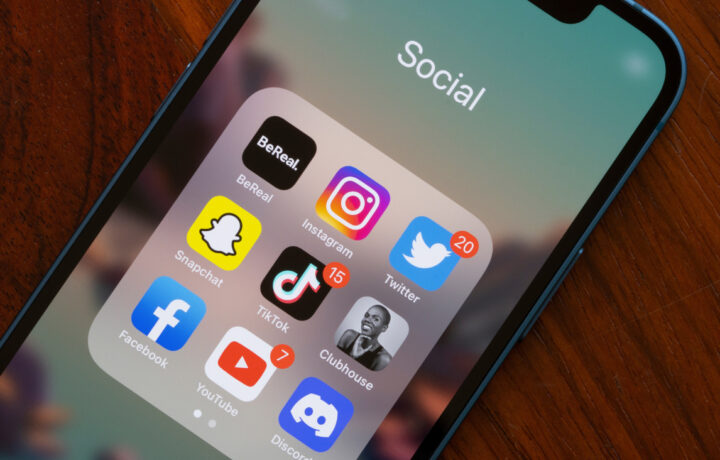The United States Department of the Navy published “Social Media Guidance for Uniformed Service Members,” which reaffirmed the policies related to the use of the platforms by sailors and Marines. The administrative order, signed by Acting Secretary of the Navy Terence G. Emmert, still allows servicemembers to maintain social media accounts, but did place some restrictions on how the various apps can be used.
This followed departmental policies that govern the expression of servicemembers’ political opinions as well as the traditions and norms that are expected from military service. Key among the guidance was that sailors and Marines are still allowed to maintain or establish accounts for personal, non-official use.
“Personal social media accounts must be clearly identifiable as personal accounts and may not be used to conduct official Department of the Navy (DON) or DoD communications,” although limited exemptions were still identified.
That included “emergencies” and other critical mission needs; when official communication capabilities are unavailable, impractical, or unreliable; and when it may be in the interests of DoD or other U.S. government (USG) missions.
The United States Air Force issued similar guidance earlier this month in a memo from Acting Air Force Secretary Gary Ashworth, who wrote “The First Amendment protects freedom of speech and permits the expression of ideas for all Americans, Service members, owing to their critical role in our national security and the duties and obligations of service, have accepted limits on their freedom of expression.”
Uniforms and Ranks Allowed to be Displayed
The guidance also noted that the “use of military titles or appearance in uniform alone is not prohibited on personal social media accounts,” but it did state that personal accounts must avoid the use of Department of the Navy or DoD titles, insignia, uniforms, or symbols in any way that could imply DON or DoD sanction or endorsement of personal content.
“Where confusion or doubt is likely to arise regarding the personal nature of social media activities, Service Members are encouraged to include a disclaimer clarifying that their social media communications reflect only their personal views and do not necessarily represent the views of the DON, DoD, or the United States,” the guidance notice also added.
In addition, while sailors and Marines are still permitted to forward, like, and even link to official information, it must be done “in a manner that does not express or imply DON or DoD sanction or endorsement of any personal content, and does not result in the unauthorized disclosure or dissemination of non-public information (or unclassified information that reveals classified information when aggregated).”
Freedom of Expression
Servicemembers can still “generally” express personal views on public issues, but the directive noted that uniformed service does bring “certain limitations to expression” on the various platforms.
“Service Members are subject to the Uniform Code of Military Justice (UCMJ) (reference (e)), and Navy or Marine Corps regulations while on and off duty,” and that included restrictions not limited to: “Article 88, Contempt Towards Officials; Article 92, Failure to Obey an Order or Regulation; Article 133, Conduct Unbecoming an Officer; and Article 134, Disorders and Neglects to the Prejudice of Good Order and Discipline or Conduct of a Nature to Bring Discredit Upon the Armed Forces.”
Senior Personnel Warnings
Those in higher-level positions were also directed to make clear that their views did not reflect those of the DON or DoD.
“As the position and grade of individual Service Members increase, it becomes increasingly difficult to distinguish between personal opinions and official positions of the DON or DoD. Senior personnel are highly encouraged to include a disclaimer on personal social media communications,” the guidance stated.
The Social Media Handbook for Recruiters
Last October, the U.S. Navy also published its updated Social Media Guidance handbook for fiscal year 2025 (FY25), which Rear Admiral Jim Waters in the introduction acknowledged, “Social media has become one of our most powerful tools for outreach and engagement,” but added that “It is crucial that we maintain the highest standards of professionalism in everything we post.”



